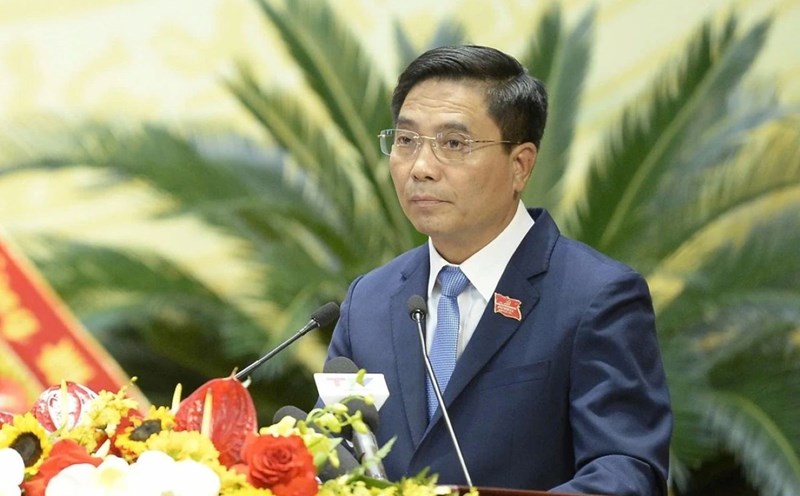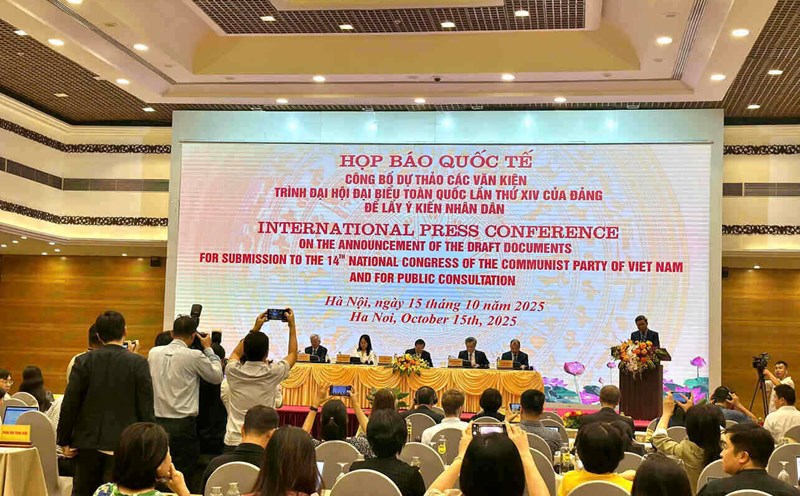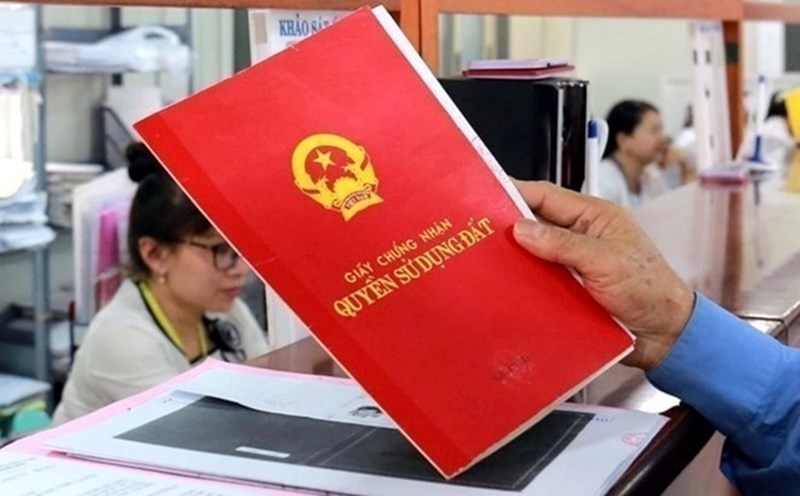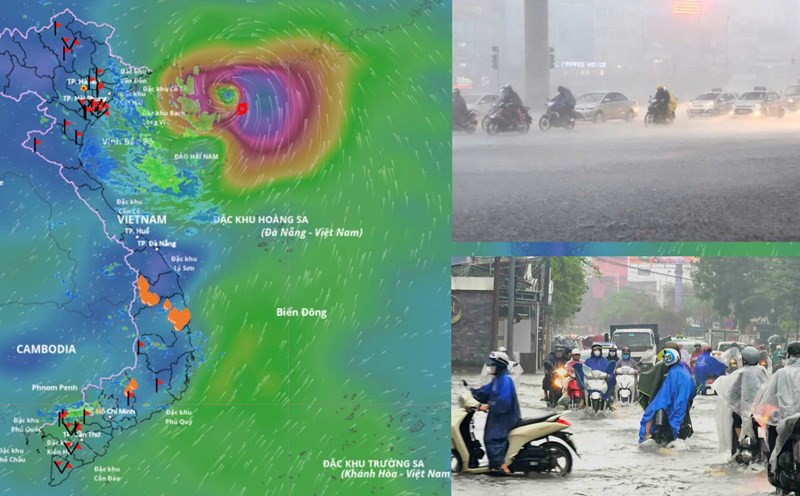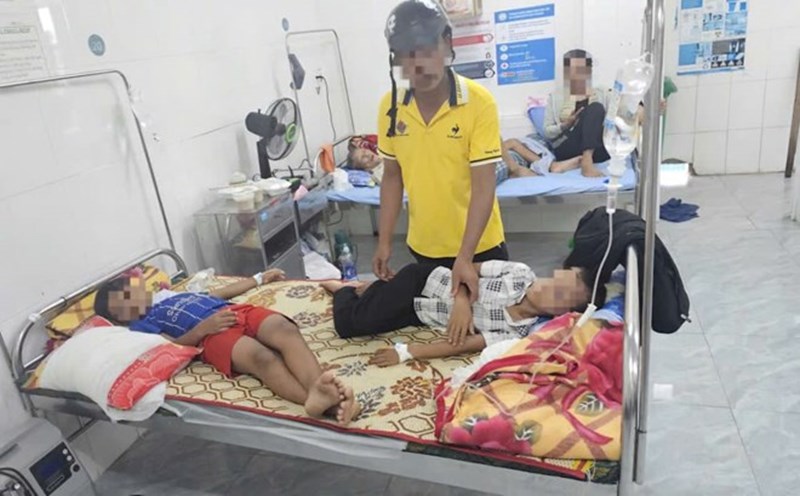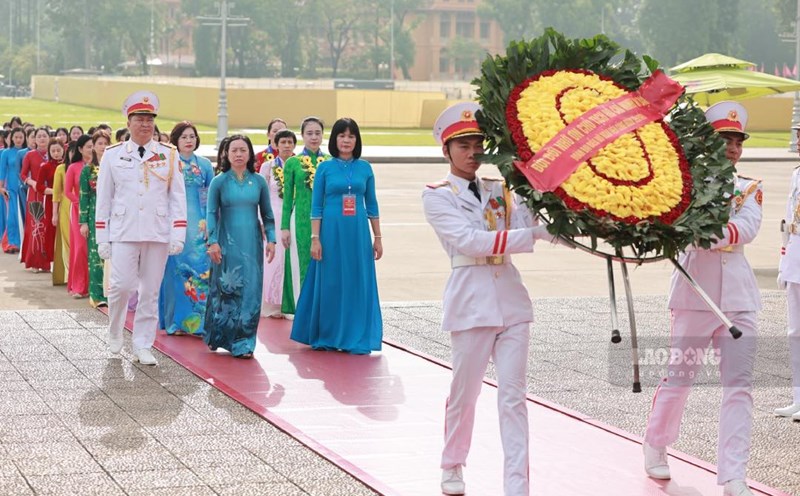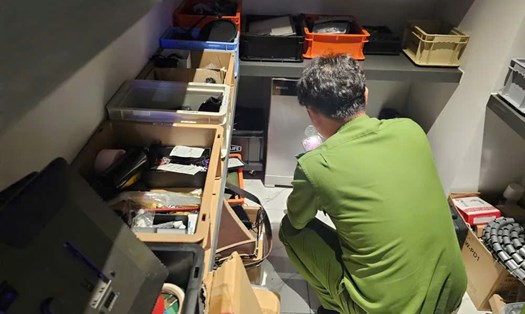Ms. Ly Thuy Hanh (Tan Thuan ward) shared that when shopping online, she had encountered many times "half crying, half laughing". "I once ordered imported starch on a large e-commerce platform, the flavor of the delivered goods was completely different from the real one. After reporting, the shop immediately locked the account and it disappeared" - Ms. Hanh shared.
Not only Ms. Hanh, many consumers also admit that they find it difficult to distinguish between real and fake goods when shopping online, especially for products such as cosmetics, functional foods or drugs. "The price is a few tens of thousands cheaper but the risk is very high. Many times I have to buy counterfeit goods and report to the stores, but this situation has not ended" - Mr. Nguyen Vy, residing in Dong Hung Thuan ward said.
According to the Ho Chi Minh City Steering Committee 389, the situation of smuggling, production and trading of counterfeit goods in the area is still complicated, focusing on food items, medicine, milk and health protection foods. Counterfeit goods are mainly brought into the city, gathered at warehouses in suburban areas or luxury apartments, then delivered through intermediaries to avoid detection.
Smuggling and counterfeit production lines are increasingly sophisticated, operating inter-provincial and transnational. Many establishments divide the stages, even mixing real and fake goods in industrial parks to deceive the authorities.
Not only e-commerce platforms, social networks such as Facebook, Zalo, TikTok continue to be taken advantage of to advertise and sell counterfeit and unknown goods. The fact that subjects use fake information to create accounts makes it difficult for authorities to track down violators and warehouses.
Faced with this reality, Steering Committee 389 of Ho Chi Minh City recommends that the Ministry of Science and Technology coordinate with the Ministry of Industry and Trade and the Ministry of Public Security to promptly regulate the identification of online sellers, clarify obligations and legal responsibilities. At the same time, it is necessary to perfect the legal mechanism on e-commerce and regulate sanctions for uncooperative e-commerce platforms when required to provide information.
In addition, Ho Chi Minh City proposed to establish a focal point to manage information about social network account owners and strengthen coordination between agencies and units providing domain names, banks, delivery services, etc. to promptly identify and handle subjects trading in counterfeit goods on cyberspace.


